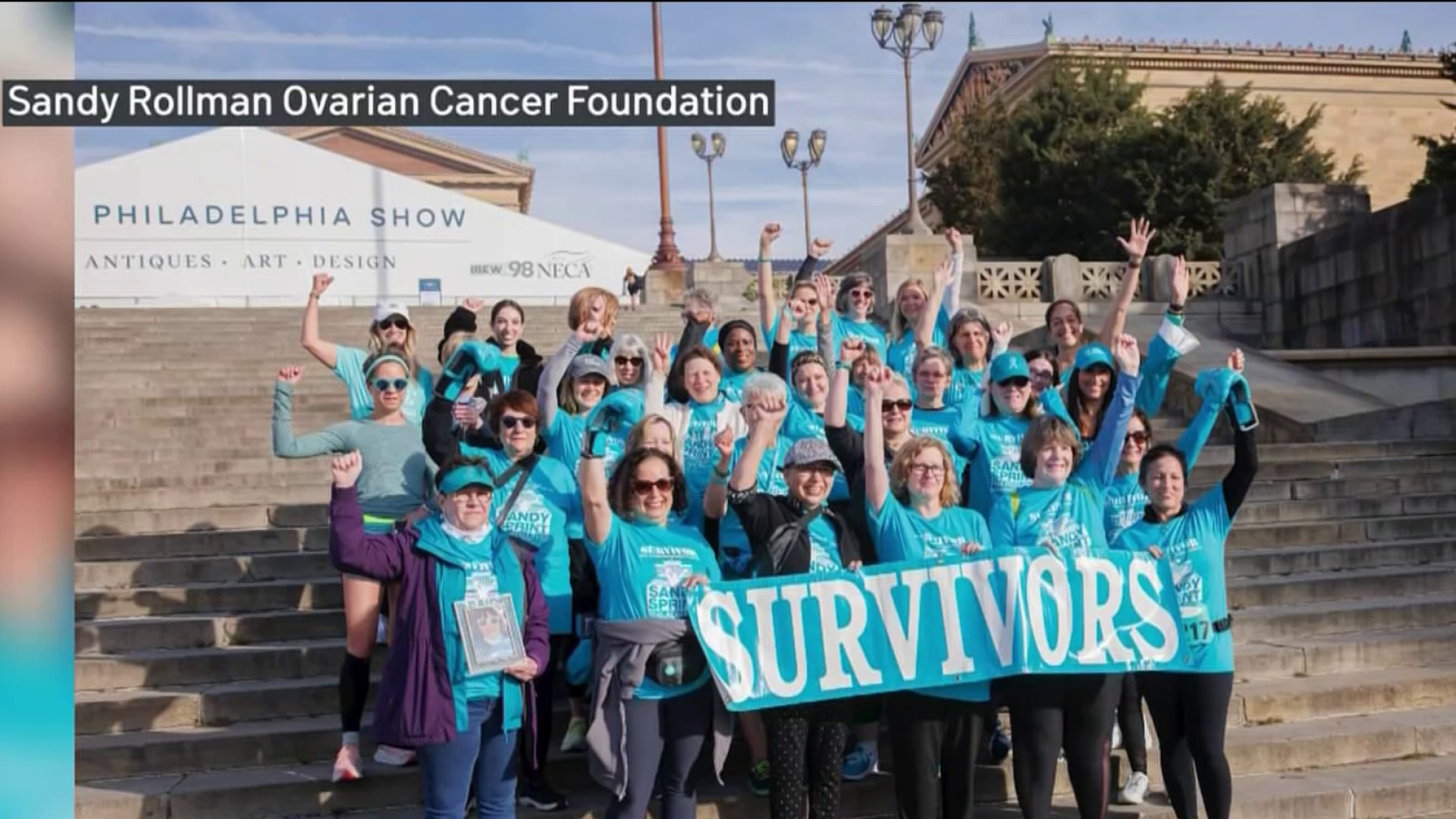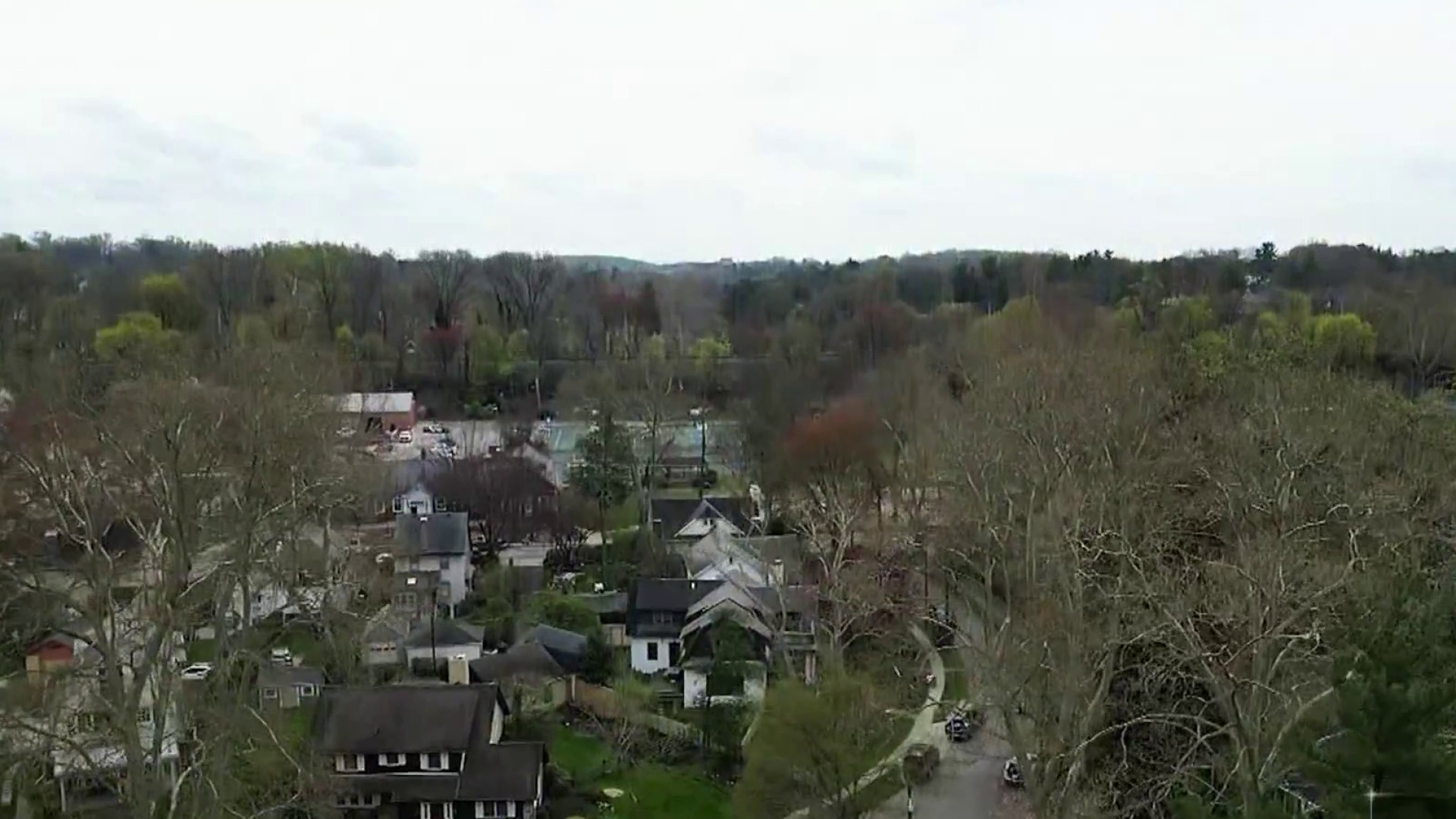Feeling overwhelmed, powerless or even angry as you watch news of another mass shooting, this one in Las Vegas?
Those feelings are normal, even for people who don't have ties to Nevada or anyone there, said a local counselor Monday morning.
But there are ways to handle those emotional reactions. NBC10's Tracy Davidson spoke to a local counselor Monday about what you and those you love can do.
Q: I feel overwhelmed by the news. How do I process this?
A: Each person's reaction to a tragedy is unique to that individual -- and that's OK, said Dana Careless, a counselor from the Philadelphia Department of Behavioral Health and Intellectual disAbility Services (they use that capitalization on purpose).
Some people disconnect and shut off communication while others are active on social media, looking for answers and trying to stay informed. No matter how you deal with tragedy, it is important to take care of yourself. If you start to feel overwhelmed, "take a step back, take a deep breath, and disconnect if you need to," said Careless.
Local
Breaking news and the stories that matter to your neighborhood.
Q: What things can I do to take care of myself?
A: Self-care is doubly important while we try to cope with trauma. Do what makes you happy or calms you down. Careless runs; some people choose yoga or swimming. Others need quiet time meditating, praying, or listening to music. Careless said journaling can help some people.
Q: What should I do if I start to feel overwhelmed?
A: "It can be really, really easy to get caught up in all the information, to keep clicking and clicking," Careless said. She suggested people focus on staying grounded. Using your five senses can help you settle into the moment, she said; wherever you are, find five things you see, four things you hear, three things you touch, two things you smell, and one thing you taste. Remember to take your time and breathe -- in through your nose, out through your mouth, she said.
Q: What if my children ask me about the event?
A: Careless suggested parents be open with children, if children want to talk. Don't shut down conversation or tell them to "get over it," she said. Try to normalize the discussion and reiterate to them that it is okay to be upset or confused by the tragedy. On the other hand, if they don't want to talk, give them some space until they feel like engaging. If your children seem to be struggling more than usual, consider reaching out for help or following up on their condition; her department's web site, HealthyMindsPhilly.org, has screenings to help young people and adults determine if they need more help.
Q: How long will it take to heal and move on?
A: Every person’s process is different. The way you begin to heal is individual, so do what is necessary to help start the process. If you or a loved one start to have irregular habits, such as lack of sleep or oversleeping, that continue past two weeks, consider talking to someone who can help.
The federal government's mental health agency, the Substance Abuse and Mental Health Services Administration, has a 24-hour Disaster Relief Helpline. If you would like free support or counseling, contact them at 1-800-985-5990 or text “TalkWithUs’ to 66746.



